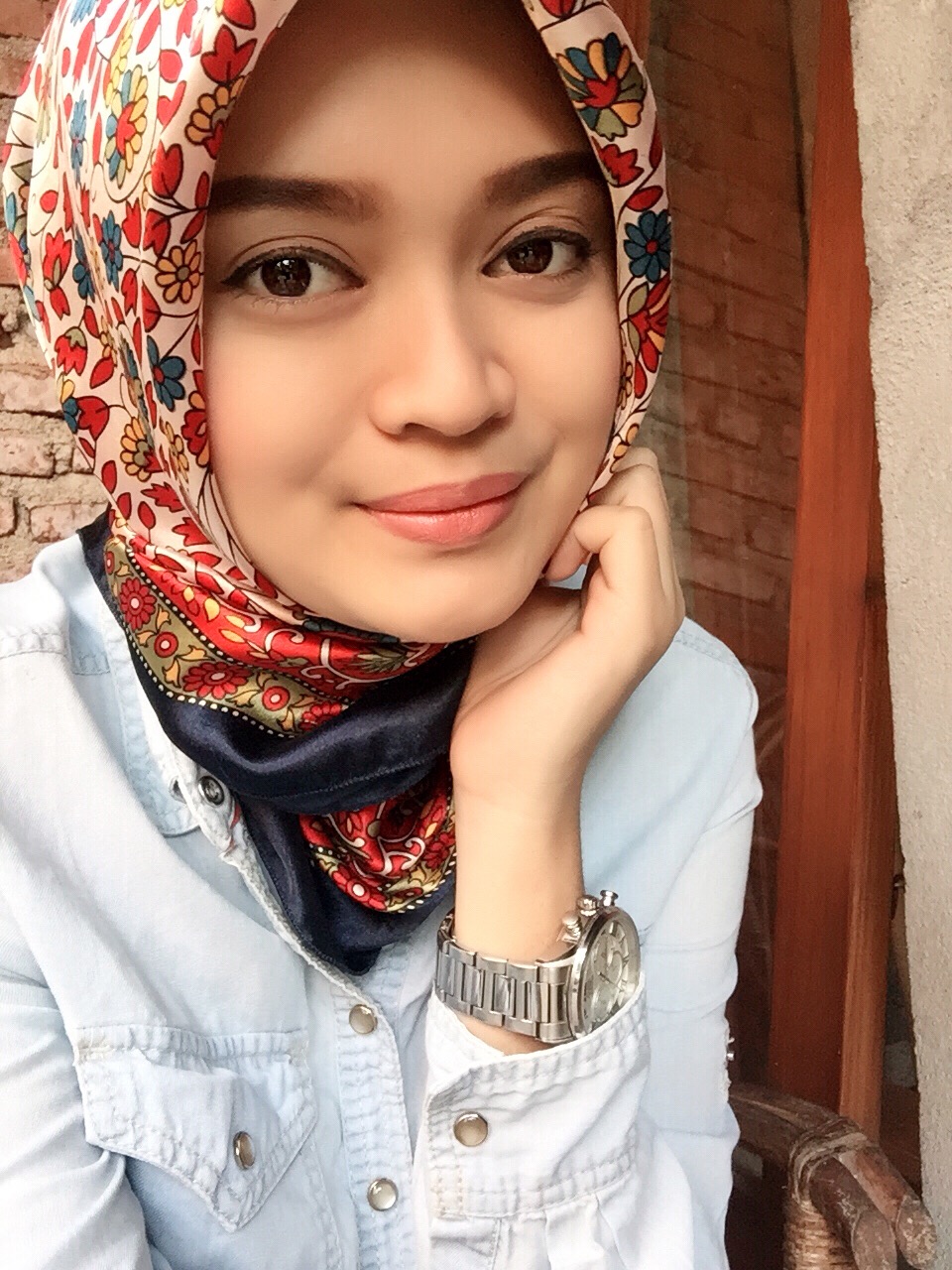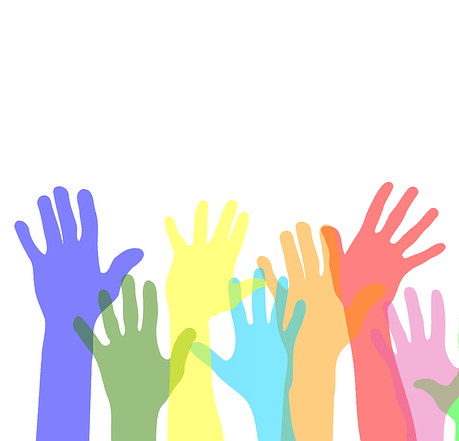 Anti-Asian rhetoric and incidents have been on the rise in recent years, spurred on by the COVID-19 pandemic.
Anti-Asian rhetoric and incidents have been on the rise in recent years, spurred on by the COVID-19 pandemic.
These types of events reinforce trauma and fear within the Asian American and Pacific Islander (AAPI) community and have profound effects on mental and physical health, says Gilbert Gee, PhD, professor in the Department. of Community Health Sciences at the UCLA Fielding School of Public Health.
“People’s reports of discrimination and unfair treatment have been linked to major depressive disorders, clinical anxiety disorders and mood disorders,” Dr. Gee says. “It takes a pretty large toll on people’s mental health.”
Different ethnicities, different needs
The AAPI community is made up of more than 22.6 million individuals with more than 40 distinct ethnicities, along with distinct differences in language, religion, education, socioeconomic status and immigration patterns.
There is variability in mental health conditions and needs among the AAPI community, studies show.
AAPIs as a group face several systemic challenges in the U.S. that may impact accessibility to mental health services, such as harmful stereotypes and bias, language barriers, and lack of insurance.
Model minority stereotype
The most well-known stereotype is that of the model minority, which arose in 1966 from a story in The New York Times and has been perpetuated by Western society to this day. The stereotype presents Asian Americans as the quiet success story of all other racial minority groups; however, research shows the model minority myth can drive resentment from non-AAPI peers. This leads to isolation and bullying of AAPI individuals, who then experience depression and anxiety. The myth is cited as one of the strongest sources of stress for Asian American youth.
“In a lot of Asian cultures, there’s less of a divide between the individual and the family,” he says. “When we’re in medical training, there’s a lot of emphasis on patient privacy, autonomy and seeing the patient without family members,” said Brandon Ito, MD, child and adolescent psychiatrist and assistant clinical professor of psychiatry and biobehavioral sciences at UCLA.
Culture and mental health
Overall, Asian Americans are 50% less likely than other racial groups to seek mental health services, says Dr. Ito. In some Asian cultures, mental health challenges are viewed as an individual problem or weakness and talking openly about sadness, disappointment or depression is rarely encouraged.
“We know that within the Asian American populations, the stigma around mental health is really significant. Asian Americans are more likely to be fearful about a diagnosis or accessing mental health,” Dr. Ito says. “They worry about it affecting their jobs or their ability to maintain employment, and also the perception among their peers.”
He says oftentimes, when doctors take family history for medical causes such as cardiovascular disease or diabetes, there’s a knowledge about prior family conditions. When it comes to mental health conditions, diagnoses and treatment, however, AAPI patients provide vague responses or don’t know about family histories.
A common response he gets is that mental health isn’t discussed in their family culture. Even within his own family, he’s seen how the stigmatization of mental health acts as a barrier to care.
“I can now see that there are examples of mental illness or behavioral health issues within the family and yet I know nothing about what is happening with them,” he says.
Finding solutions
Dr. Jeffrey Hsu, a cardiologist at UCLA and co-author with Dr. Gee on an article describing the plight of the AAPI community during the COVID-19 pandemic, says culturally competent care, or equipping providers with education and training to understand a person’s values, experiences and personal beliefs, is essential to improving health outcomes.
Excerpted from “Confronting Mental Health Barriers in the Asian American and Pacific Islander Community” from UCLA Health. Read the full article online.






